Since the beginning of the year, the total state budget revenue in the province has been 13,966 billion VND (equal to 104.2% of the Central Government's estimate, 85.6% of the Provincial People's Council's estimate, an increase of 24.9% over the same period last year).
Specifically, domestic revenue was 13,820 billion VND (equal to 104.4% of the Central Government's estimate and 85.6% of the Provincial People's Council's estimate, an increase of 24.7% over the same period last year).
Compared to the central budget, 2/18 domestic revenue items have not met the schedule (83.3% or less), including: environmental protection tax (53.5%), and collection of rent and sale of state-owned houses (34.5%).
Compared with the estimate assigned by the Provincial People's Council, 3/18 domestic revenue items have not met the schedule (83.3% or less): environmental protection tax (53.5%), land use fee (57.8%) and rent and sale fee for state-owned houses (34.5%).
Regarding import-export tax collection, 146 billion VND was achieved (equal to 94.1% of the Central budget and 84.8% of the provincial People's Council budget, an increase of 47.5% over the same period).
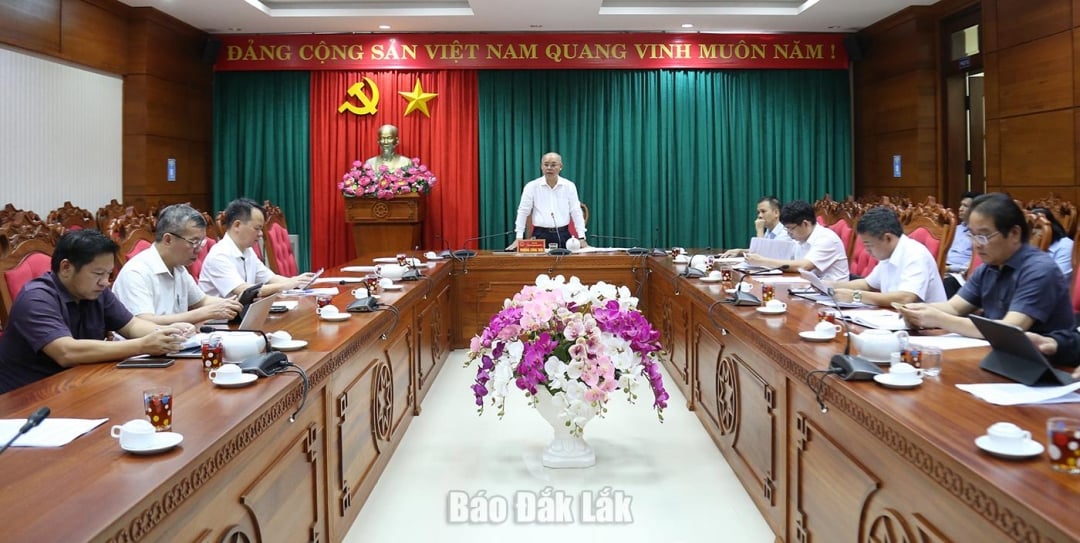 |
| Delegates attending the meeting. |
State budget collection achieved positive results because from the beginning of 2025, the province has strengthened budget collection management, prevented revenue loss and recovered debts; newly generated revenues were exploited promptly; the real estate market had many positive changes.
In addition, the price situation of the province's key agricultural products increased, leading to an increase in purchasing power of high-value products (real estate, cars), contributing to increasing revenue for the provincial budget from related revenues such as registration fees and personal income tax.
However, the work of urging debt collection, debt enforcement, and tax arrears recovery still faces many difficulties and obstacles, especially for businesses that have ceased operations, dissolved, and have no assets to handle; some debts are long-standing and difficult to recover.
The budget revenue structure still depends largely on a number of key sectors such as beer production, hydropower, registration fees, etc. These sectors have unstable growth characteristics, leading to fluctuations in output and business efficiency of enterprises, thereby affecting the progress and growth potential of the province's budget revenue.
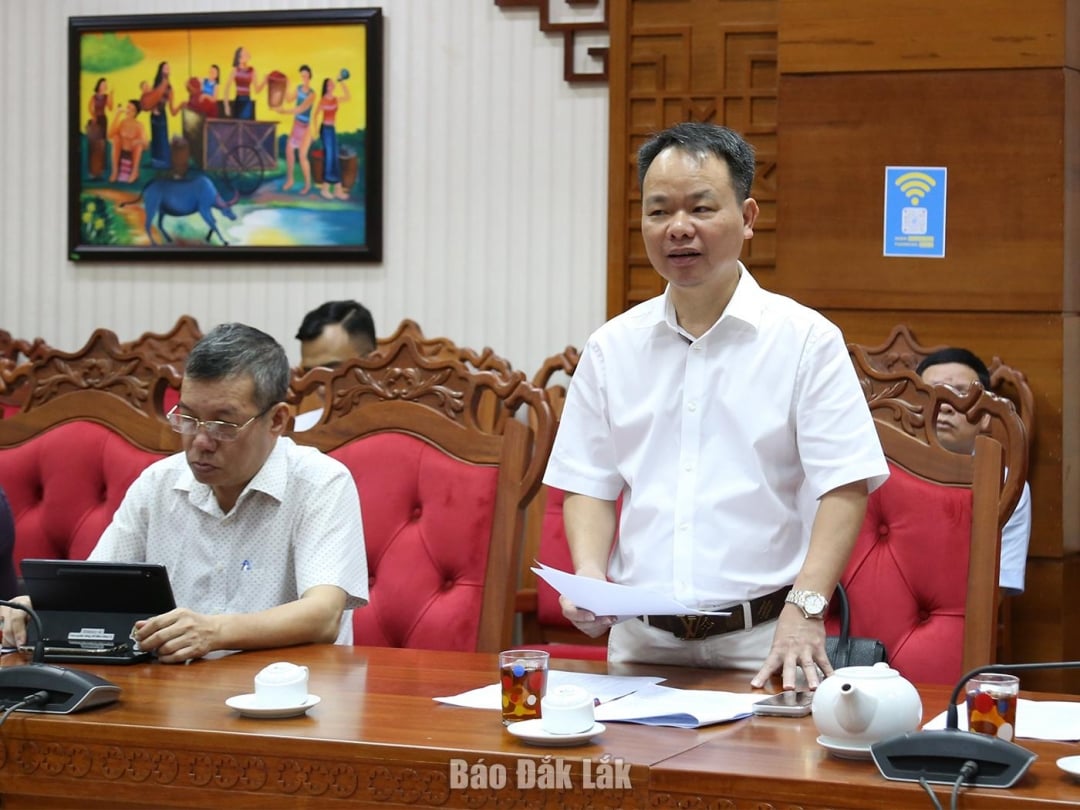 |
| Dak Lak Province Tax Chief Nguyen Anh Tuan gave his opinion at the meeting. |
Vice Chairman of the Provincial People's Committee Truong Cong Thai suggested that from now until the end of the year, sectors and localities should promote the work of collecting the 2025 budget, strive to increase revenue in areas and fields with prospects and advantages; review revenues that have reached the deadline for exemption, reduction, postponement... according to policies and regulations of the law to proceed with tax collection notices; urge businesses to comply with regulations correctly, fully and promptly, especially in areas such as renewable energy, hydropower, granting rights to exploit construction materials...
For project management boards, the Provincial Land Fund Development Center closely coordinates with localities to promptly complete procedures for resettlement land allocation; the Department of Finance studies, promptly proposes and advises on mechanisms for agencies, units and commune-level authorities to exploit revenue from land funds.
Source: https://baodaklak.vn/kinh-te/202511/tinh-dak-lak-thu-ngan-sach-tang-gan-25-fa61324/







![[Photo] Opening of the 14th Conference of the 13th Party Central Committee](https://vphoto.vietnam.vn/thumb/1200x675/vietnam/resource/IMAGE/2025/11/05/1762310995216_a5-bnd-5742-5255-jpg.webp)




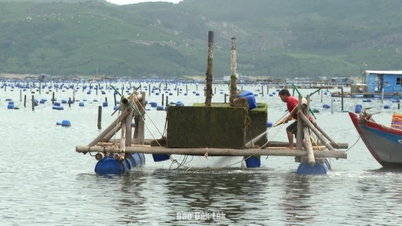
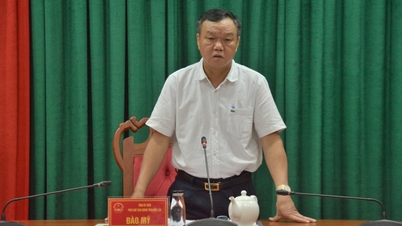
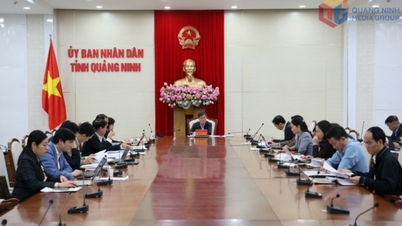




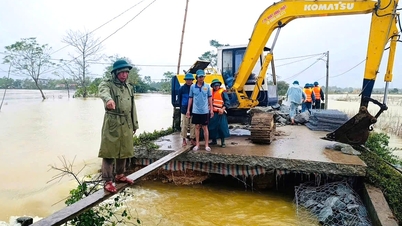

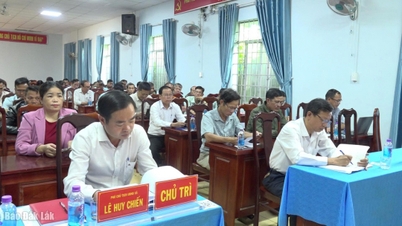

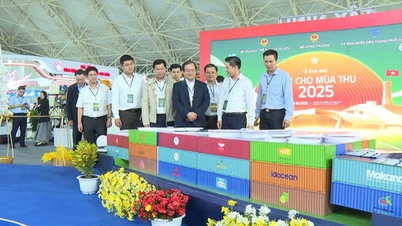

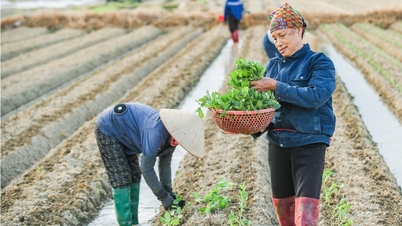





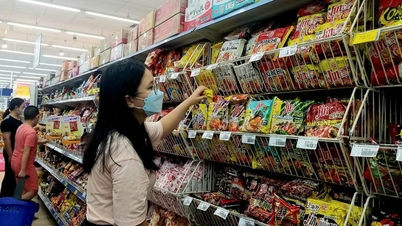

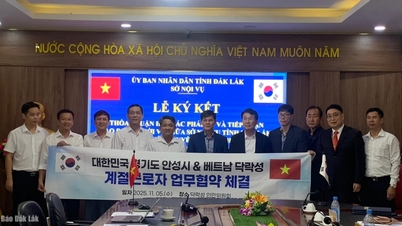
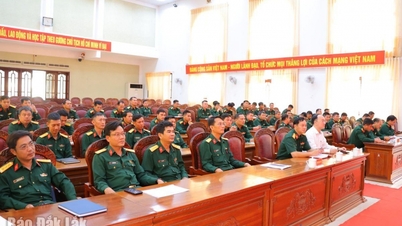
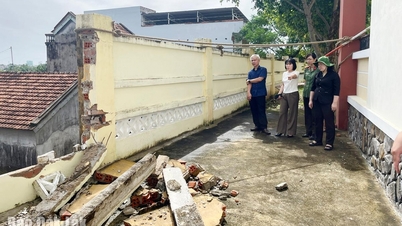

![[Photo] Panorama of the Patriotic Emulation Congress of Nhan Dan Newspaper for the period 2025-2030](https://vphoto.vietnam.vn/thumb/1200x675/vietnam/resource/IMAGE/2025/11/04/1762252775462_ndo_br_dhthiduayeuncbaond-6125-jpg.webp)














































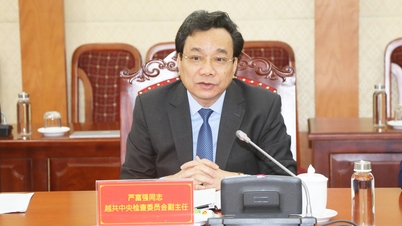

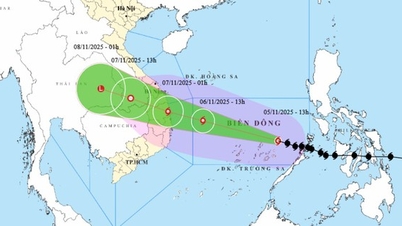






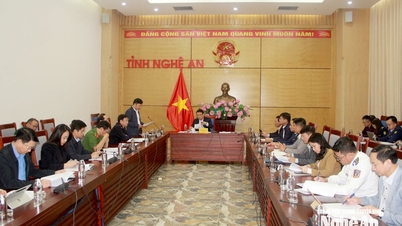


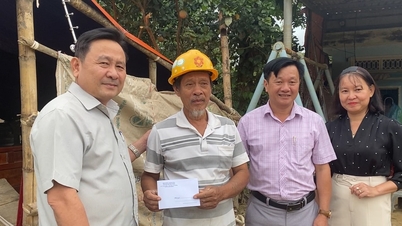

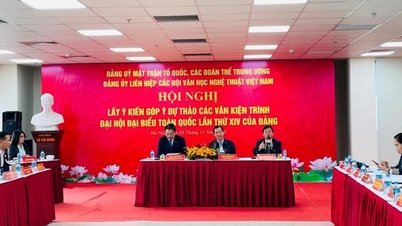















Comment (0)